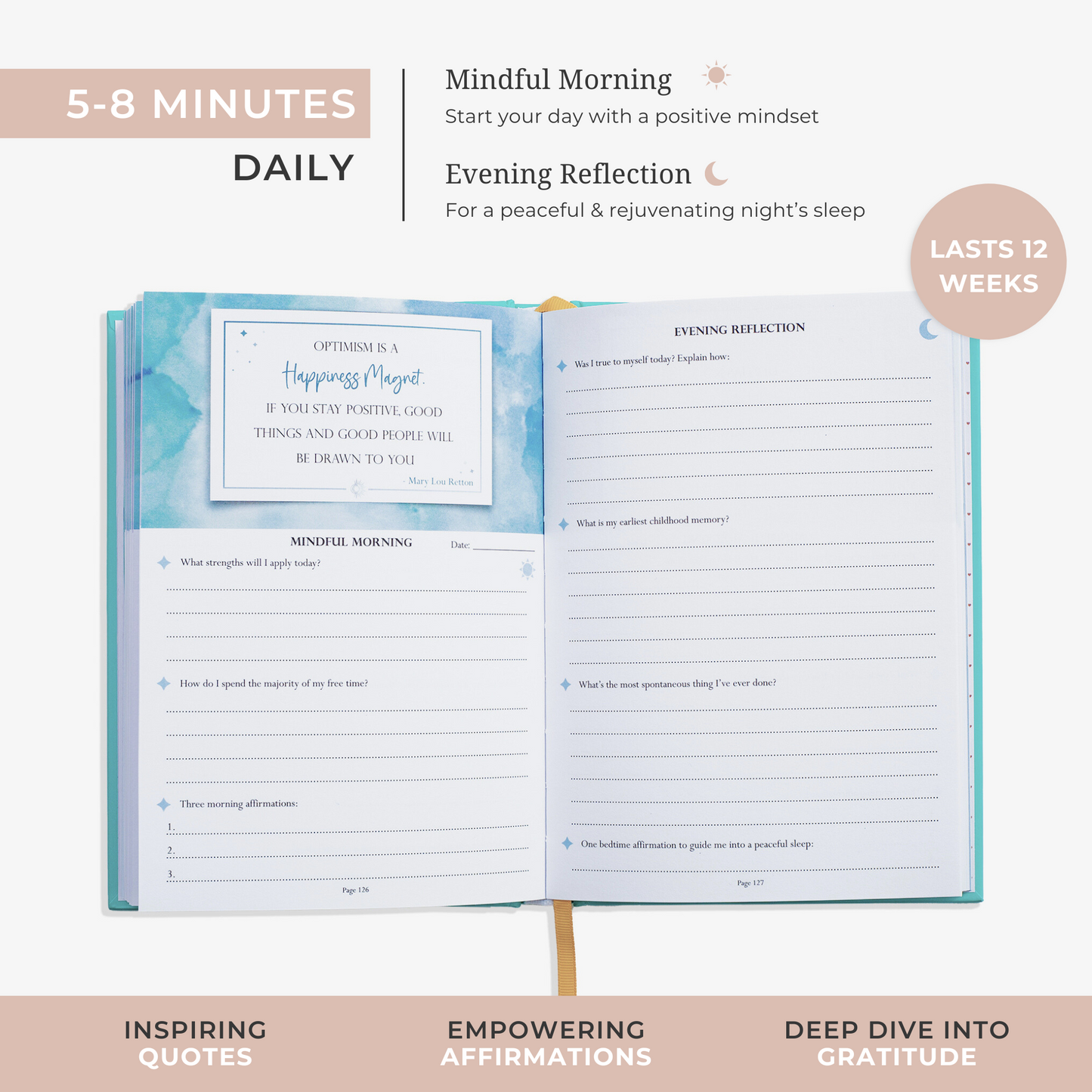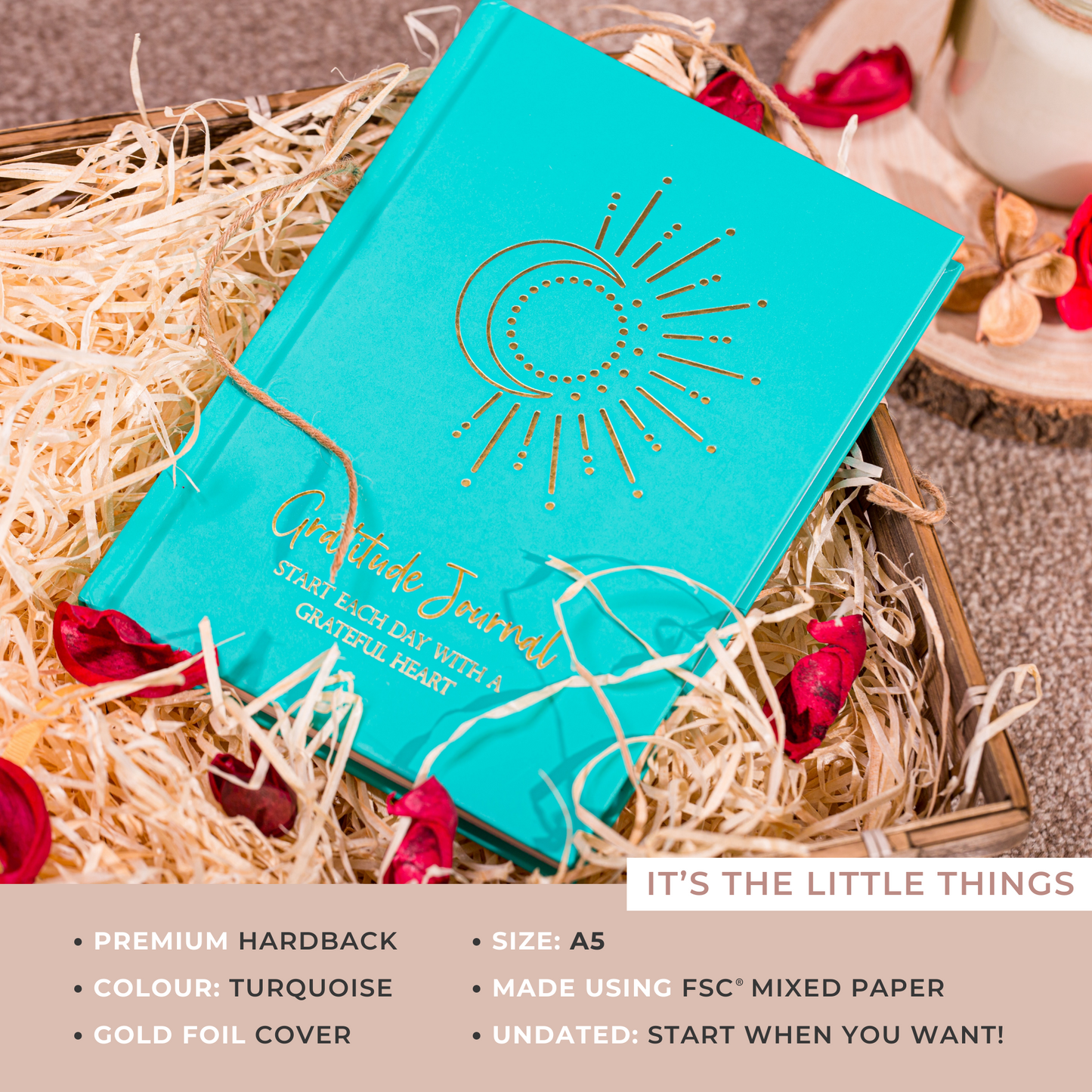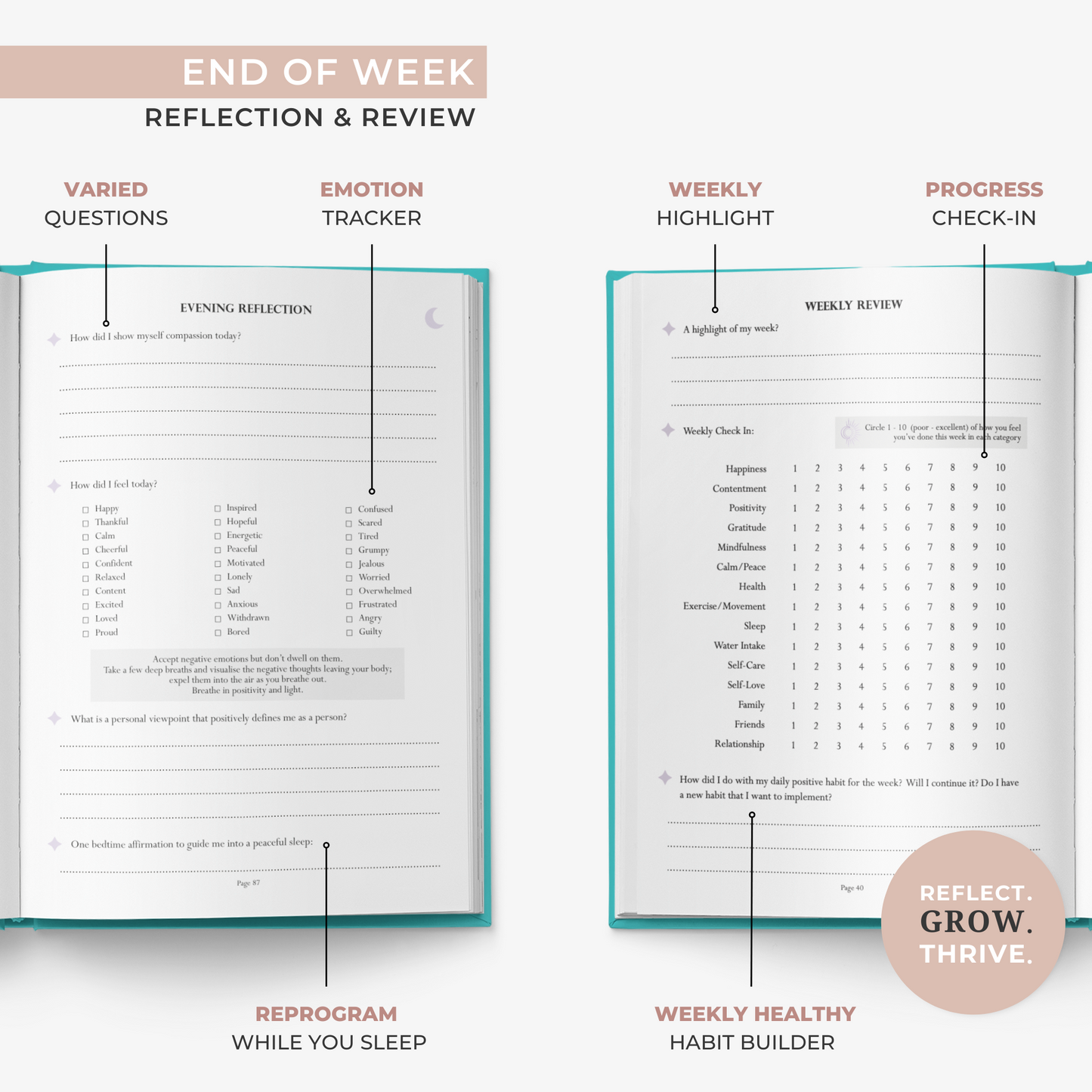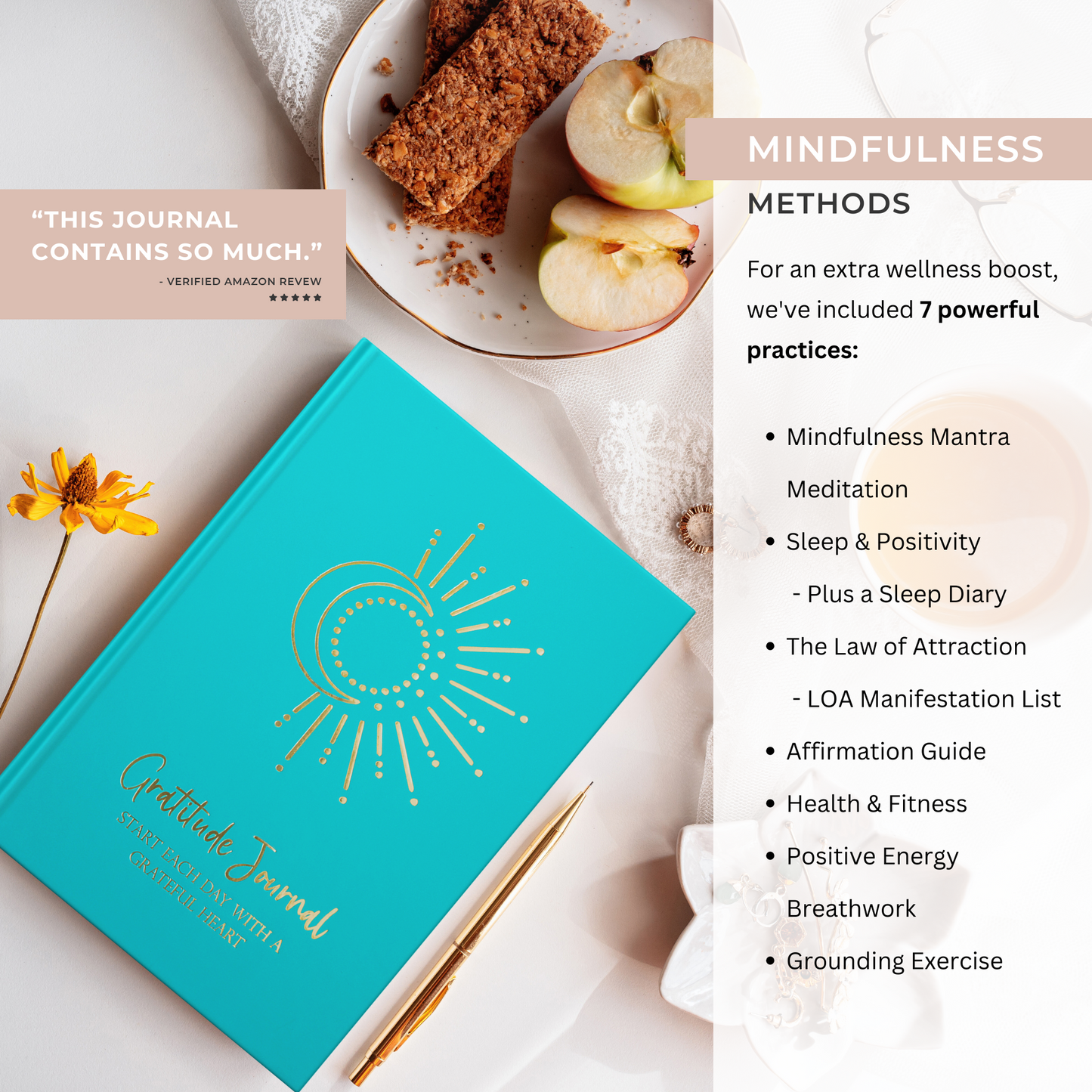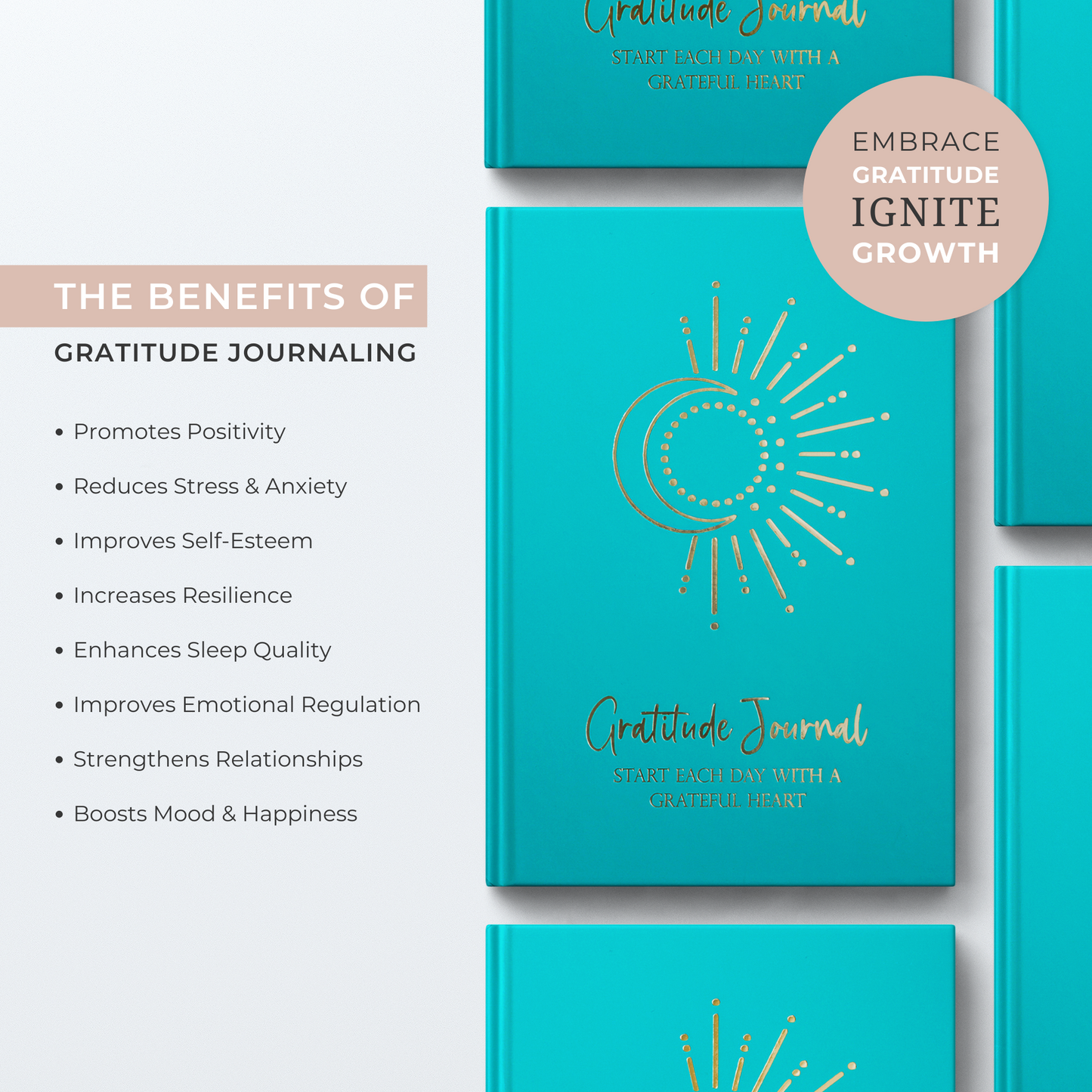Have you ever found yourself replaying a conversation from three days ago, analyzing every word over and over? Or lying awake at 3 AM, dissecting every possible outcome of a decision that, in the grand scheme of things, probably isn’t life-altering? If so, welcome to the exhausting world of overthinking.
I say this not as an outsider looking in but as a chronic overthinker myself. I have spent entire evenings spiraling down thought-rabbitholes, imagining worst-case scenarios that never came true, stressing over emails I sent that were, in reality, completely fine. Overthinking has stolen my sleep, drained my energy, and made simple decisions feel overwhelming.
But here’s what I’ve learned: overthinking doesn’t solve problems. It creates them.
If you're tired of feeling trapped in your own mind, let’s talk about why we overthink, and more importantly, how to break free from the mental spiral.
Why Do We Overthink?
I used to think overthinking was just part of my personality, something I had no control over. But over time, I realized it’s actually a coping mechanism. A misguided attempt to protect myself from uncertainty.
We overthink because we’re trying to predict the future, control the uncontrollable, or avoid mistakes. It often comes from:
- Fear of failure – “If I analyze this enough, I won’t make a mistake.”
- Perfectionism – “I need to make the absolute best decision.”
- Lack of trust in ourselves – “What if I make the wrong choice?”
- Anxiety – “I need to mentally prepare for every possible scenario.”
Overthinking convinces us that by dissecting a situation from every angle, we’re being “productive.” But in reality? It just creates mental exhaustion, anxiety, and decision paralysis.
So, how do we stop? Let’s dive into actionable strategies that have helped me (and can help you too).
1. Recognize the Overthinking Patterns
The first step is self-awareness. What kind of overthinker are you? Here are some common patterns I’ve fallen into:
-
The Rumination Loop – Replaying past conversations, cringing at things I said, or worrying about how others perceived me.
-
The “What If” Spiral – Overanalyzing the future, imagining every possible disaster, even if it's unlikely.
-
Decision Paralysis – Being unable to choose between two options because I want to make the “right” choice.
- Seeking Constant Reassurance – Asking my husband, “Do you think I sounded rude in that message?” even though I know I didn’t.
When you catch yourself overthinking, try labeling it. Instead of getting lost in the thought, step back and say:
"Ah, I’m in a rumination loop right now.”
This small act of awareness can help you detach from the thought instead of being consumed by it.
2. Get Out of Your Head and Into Your Body
Overthinking thrives when we sit still, trapped in our heads. One of the best ways to break the cycle? Physical movement.
- For gentle relief: Try yoga, stretching, or deep breathing.
- For immediate distraction: Go for a brisk walk—especially outside.
- For stress release: Lift weights, dance, or do something physically demanding.
I used to think I needed to think my way out of overthinking. But often, what I actually need is to move.
Even something as simple as standing up and shaking out my arms reminds my brain: Hey, we’re not stuck here.
3. Set a “Thinking Time” Limit
One game-changing strategy I use? I schedule my overthinking.
Sounds ridiculous, but hear me out. When my brain latches onto a worry, instead of indulging it all day, I tell myself:
"Okay, I’ll think about this at 7 PM for 15 minutes, then I’m done."
By the time 7 PM rolls around, I often don’t even care about it anymore. And if I do? I give myself exactly 15 minutes to stress, journal, or problem-solve, then I move on.
Overthinking thrives when it has unlimited space. Put it on a timer, and it loses its grip.
4. Flip the “What If” Question
My anxiety loves playing the “what if” game.
“What if I fail?”
“What if people judge me?”
“What if I regret my decision?”
Here’s a trick that has helped me rewire my brain: every time I have a negative “what if” thought, I counter it with a positive one.
“What if I succeed?”
“What if people admire my courage?”
“What if this decision leads to something amazing?”
Our brains are biased toward negativity, it’s a survival mechanism. But we can train ourselves to see the good, not just the bad.
5. Journal It Out (But With a Twist)
Journaling is one of my favorite ways to stop overthinking, but not in the usual “brain dump” way. Instead of just writing all my anxious thoughts, I follow a simple three-step process:
-
Write down the worry. “I’m worried about how I came across in that conversation.”
-
Challenge it with logic. “Has this person ever indicated they dislike me? No.
- Write the most realistic outcome. “Chances are, they didn’t even notice.”
This practice helps me break out of emotional spirals and see things more rationally.
6. Make “Good Enough” Your New Goal
Perfectionism and overthinking go hand in hand. I’ve lost count of the number of times I’ve spent hours obsessing over a tiny decision, when, in reality, any choice would have been fine.
Now, I live by this mantra: Done is better than perfect.
- Instead of agonizing over the “perfect” Instagram caption, I write one and post it.
- Instead of debating what to wear, I pick something and move on.
- Instead of over-planning my day, I just start.
Perfectionism keeps us stuck. Embracing “good enough” helps us move forward.
7. Accept That Uncertainty is Unavoidable
At the core of overthinking is the desire for certainty. We want to know:
- What people think of us
- That we’re making the right decision
- That nothing bad will happen
But the truth? Life is uncertain. And the more we try to control it, the more exhausted we become.
Instead of fighting uncertainty, I remind myself:
"I can handle whatever happens."
Because in reality? We always do.
Final Thoughts: Overthinking is a Habit—But It’s One You Can Break
I won’t lie to you and say I never overthink anymore. I still do, but now, I catch it faster. I redirect it sooner. And I don’t let it steal my peace.
If you’ve spent years trapped in your head, know this: it’s possible to break free. It takes practice, but with time, you can learn to quiet the noise.
So next time you find yourself overthinking, remember: You don’t have to believe every thought you think.
Which of these strategies will you try first? Let me know, I’d love to hear from you!







